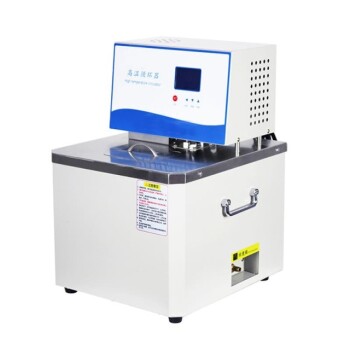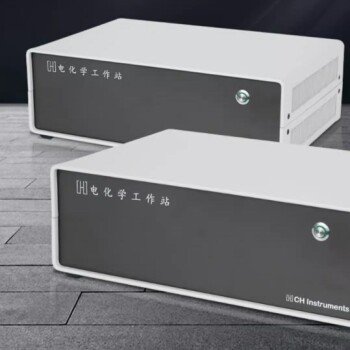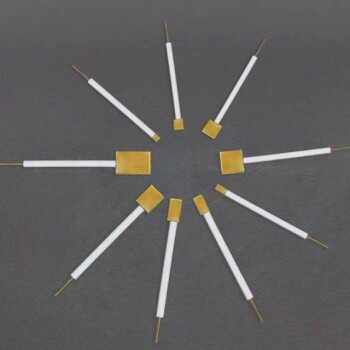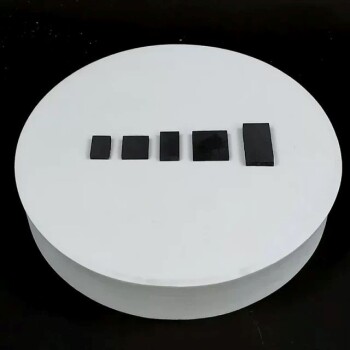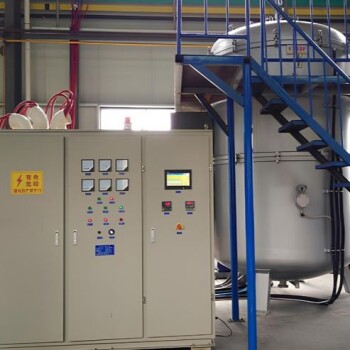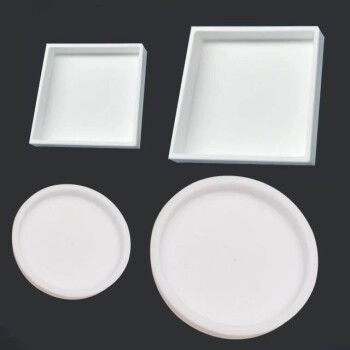Yes, hydraulic systems absolutely can and do overheat. This is a common operational issue where the system generates more heat than it can dissipate, causing the hydraulic fluid temperature to rise above its optimal operating range, typically considered to be above 180°F (82°C). This excess heat is a direct symptom of energy loss, stemming from inefficiencies in converting mechanical power into fluid power.
The central issue is not the heat itself, but its destructive consequences. Overheating degrades the hydraulic fluid, damages seals and components, and ultimately leads to reduced system performance and premature, costly failures. Understanding and managing heat is fundamental to hydraulic system reliability.
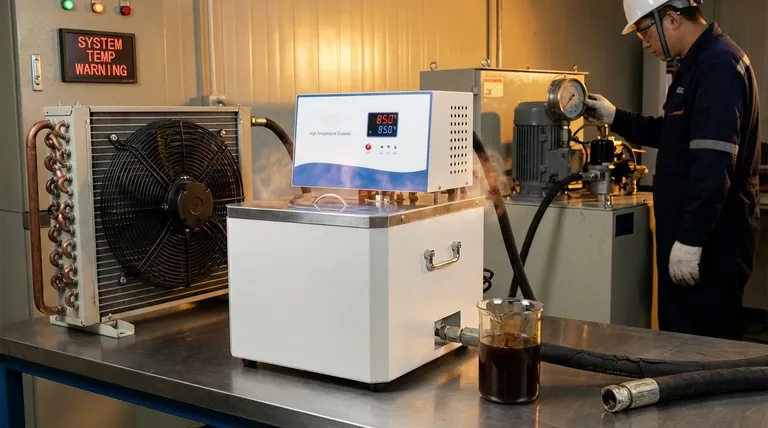
Why Hydraulic Systems Generate Heat
Every hydraulic system generates a certain amount of heat as a natural byproduct of its operation. The problem arises when this heat generation becomes excessive or the system's ability to dissipate it is compromised.
Inefficiency as the Primary Culprit
No machine is 100% efficient. When a hydraulic system converts mechanical energy (from an engine or motor) into fluid power, some energy is always lost. This lost energy is converted directly into heat.
The Role of Pressure Drops
A primary source of heat is fluid flowing from an area of high pressure to one of low pressure without performing useful work. This pressure drop is a significant point of energy loss that manifests as heat.
Fluid Friction and Viscosity
Heat is also generated by friction. This includes friction between the fluid and the walls of pipes and hoses, as well as the internal friction of the fluid molecules moving against each other. Using a fluid with the wrong viscosity for the operating temperature can dramatically increase this effect.
The Critical Consequences of Overheating
Allowing a hydraulic system to operate at excessively high temperatures is not a minor issue; it actively destroys the system from the inside out.
Hydraulic Fluid Degradation
Heat is the number one enemy of hydraulic oil. High temperatures accelerate the oxidation process, breaking down the fluid, reducing its lubricity, and forming varnish and sludge that can clog filters and foul precision components like valves.
Damage to Seals and Hoses
Most seals and hoses are made from elastomer materials that are not designed for extreme temperatures. Overheating causes them to harden and become brittle, leading to cracks and both internal and external leaks.
Reduced Component Lifespan
The combination of degraded, contaminated fluid and leaking seals places immense stress on the system's core components. Pumps, motors, and valves wear out much faster in an overheated environment, leading to premature failure.
Loss of System Performance
As hydraulic fluid heats up, its viscosity drops (it becomes thinner). This lower viscosity increases internal leakage within pumps, motors, and actuators, causing the system to become sluggish, slow, and less responsive.
Identifying the Root Causes of Excess Heat
While all systems generate some heat, overheating is a sign that something is wrong. The cause is often rooted in system design, maintenance, or operation.
Undersized or Inefficient Components
Pumps, motors, or valves that are too small for the required workload or are inherently inefficient will convert a larger percentage of input power into heat.
Improper Fluid Viscosity
Using a fluid that is too thick (high viscosity) increases fluid friction and heat generation. Using a fluid that is too thin (low viscosity) increases internal leakage, which also generates significant heat.
Inadequate Heat Dissipation
The system's ability to cool itself is critical. An undersized fluid reservoir, a dirty or clogged heat exchanger (cooler), or restricted airflow around the system can trap heat.
Continuous Operation Over a Relief Valve
A relief valve is a safety device, not a flow controller. If a system is designed or operated in a way that fluid constantly flows over the relief valve, 100% of that flow's energy is being converted directly into heat. This is one of the most common and severe sources of overheating.
Proactive Strategies for Temperature Control
Managing hydraulic temperature requires a focus on both minimizing heat generation and maximizing heat dissipation. It's a fundamental aspect of reliable system design and maintenance.
- If your primary focus is system design: Ensure the reservoir and any coolers are correctly sized to dissipate a significant portion of the input energy, often estimated at 25-40% of input horsepower as a baseline.
- If your primary focus is routine maintenance: Regularly check fluid levels, clean cooler fins and fans, and ensure the reservoir is free of sludge. Analyze fluid samples to detect degradation before it causes damage.
- If your primary focus is troubleshooting an overheating system: Immediately investigate for sources of significant pressure drops, especially a relief valve that is stuck open or set too low.
Managing heat is not just about preventing failure; it is about ensuring the consistent, reliable performance your hydraulic system was designed to deliver.
Summary Table:
| Aspect | Key Takeaway |
|---|---|
| Primary Cause | Inefficient energy conversion and excessive pressure drops generate excess heat. |
| Main Consequence | Fluid degradation, seal damage, and premature component failure. |
| Critical Temperature | Operating above 180°F (82°C) is considered overheating. |
| Key Solution | Proper system design, correct fluid viscosity, and adequate heat dissipation. |
Is your hydraulic system running hot? Protect your equipment and avoid costly downtime.
KINTEK specializes in lab equipment and consumables, serving the precise needs of laboratories that rely on hydraulic systems for presses, testers, and other critical machinery. Our expertise ensures your systems operate efficiently and reliably.
Contact our experts today to discuss how we can help you maintain optimal hydraulic performance and extend the life of your valuable equipment.
Visual Guide

Related Products
- High Temperature Constant Temperature Heating Circulator Water Bath Chiller Circulator for Reaction Bath
- Ultra-Vacuum Electrode Feedthrough Connector Flange Power Electrode Lead for High-Precision Applications
- Lab Electrochemical Workstation Potentiostat for Laboratory Use
- CF KF Flange Vacuum Electrode Feedthrough Lead Sealing Assembly for Vacuum Systems
- Stainless High Pressure Autoclave Reactor Laboratory Pressure Reactor
People Also Ask
- Why are constant temperature water baths used in refractory testing? Accelerate MgO Hydration & Binder Evaluation
- What is the function of a constant temperature water bath? Ensure Reliable Dental Resin Conversion Rates
- What is the importance of an automatic temperature control circulation device? Ensure Reliable Electrochemical Data
- What is the working temperature range of a high-temperature oil bath? Optimize Your High-Heat Lab Processes
- Why is a constant temperature water bath necessary for evaluating corrosion inhibitors? Ensure Precise Thermal Control
